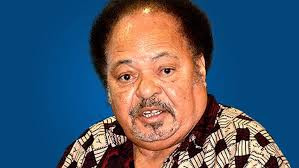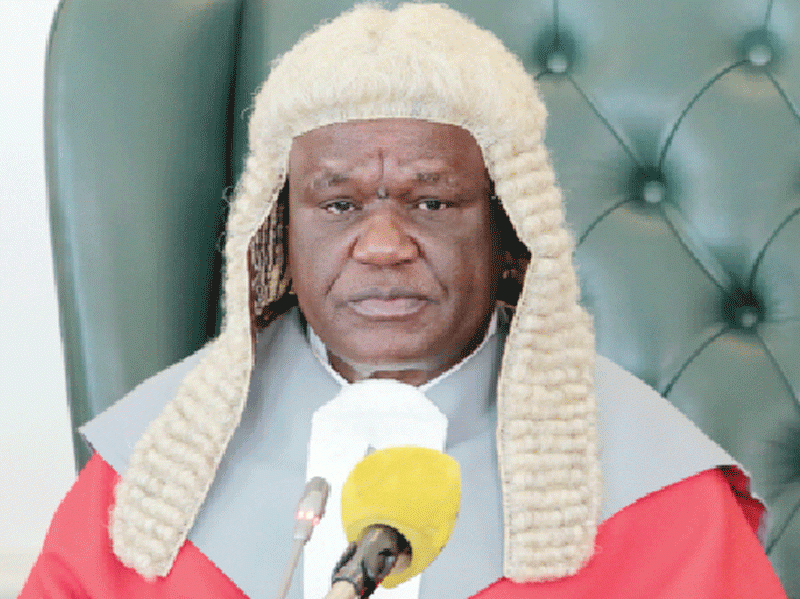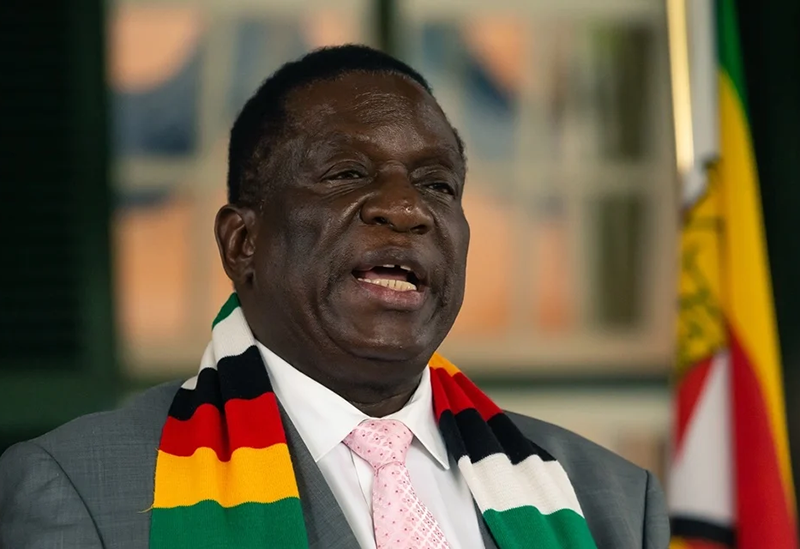
For over four decades since our hard-won independence, Zimbabwe has been trapped in cycles of political contestation, economic decline, and social fragmentation.
As someone who has lived through our nation's highest peaks and deepest valleys, I can state unequivocally that we stand at our most critical crossroads since 1980.
The evidence surrounds us. Our currency has collapsed repeatedly. Our youth flee abroad by the thousands, preferring menial jobs in hostile environments to destitution at home.
Drug abuse and hopelessness ravage communities while our infrastructure crumbles.
Political discourse has devolved into toxic polarization, with each election deepening rather than healing national wounds.
We must confront an uncomfortable truth: the current political arrangement has failed Zimbabwe.
Neither the ruling establishment nor the fractured opposition has demonstrated capacity to lead us out of this quagmire.
The former has shown itself incapable of inclusive governance, while the latter has succumbed to debilitating divisions that mirror the very problems they seek to address.
- Mavhunga puts DeMbare into Chibuku quarterfinals
- Bulls to charge into Zimbabwe gold stocks
- Ndiraya concerned as goals dry up
- Letters: How solar power is transforming African farms
Keep Reading
Let me be clear: Zimbabwe's crisis will not be solved by another election. What we face is not merely a political problem but a comprehensive national emergency requiring a fundamental reset.
Through a series of SAPES Trust Policy Dialogues and consultations with diverse stakeholders, we have crystallised a proposal that has gained remarkable momentum across political and social divides: The convening of an All-Stakeholders Conference to seek a durable solution to Zimbabwe’s decades old crisis.
Central to this proposal is the establishment of a National Transitional Authority (NTA) to prepare the ground for a durable peace and national prosperity.
This is not a coup by other means, nor is it an attempt to subvert democracy.
Rather, it is a recognition that democracy itself requires institutional foundations that have been systematically eroded in Zimbabwe.
We propose a time-limited intervention to rebuild these foundations before returning to electoral politics.
The NTA would replace both executive and legislature for three to five years with a singular mandate: undertaking the comprehensive reforms necessary to restore Zimbabwe to stability and set the stage for genuine democracy.
Its composition would be strictly non-partisan — respected Zimbabweans from home and abroad with demonstrated integrity and competence, who would be barred from seeking political office for five years following their service.
Critics will ask: Why not simply push for free and fair elections? The answer is painfully evident. Our electoral system has been so compromised that even technically "free" elections cannot yield legitimate outcomes.
The judiciary has been politicised, security services weaponized, media captured, and electoral bodies compromised.
Elections under these conditions merely recycle our problems rather than addressing them.
We propose that the NTA's mandate focus on four critical areas:
First, restoring constitutional governance and rebuilding respect for our constitution across all institutions.
Second, reforming key institutions — particularly the judiciary, security sector, and electoral commission — to guarantee their independence and professionalism.
Third, transforming our electoral framework to ensure future elections are not just free but legitimate and uncontested.
Finally, stabilising our economy through comprehensive reforms addressing debt, monetary policy, land rights, and productive capacity.
This is not a partisan agenda. It is an agenda that puts Zimbabwe first. The proposed reforms would benefit citizens across political divides by creating a functional state that delivers for all rather than enriching a few.
Some will question whether such a transition is possible without the consent of the current power-holders.
This is a legitimate concern, but not an insurmountable obstacle. International experience shows that when citizen pressure combines with regional and international support, even entrenched regimes can accede to transitional arrangements — particularly when their own long-term interests are better served by orderly transition than chaotic collapse.
Our proposal begins with a convening of an All-Stakeholders National Conference bringing together citizens committed to national renewal, followed by a structured national dialogue to define the transition framework, culminating in a political settlement that scaffolds the NTA.
The church and Zimbabwe's diaspora will play a crucial role. Our scattered children carry not just remittances but skills, connections, and perspectives vital to national regeneration.
The NTA would create channels for their meaningful participation in rebuilding the country many were forced to leave.
Let me address potential skeptics directly: Is this proposal idealistic? Perhaps. But "realistic" approaches have delivered us to our current catastrophe.
Is it ambitious? Certainly. But Zimbabwe's challenges demand nothing less than ambitious solutions.
The alternative to bold action is not stability but continued decline. Our economy cannot sustain further deterioration.
Our youth cannot endure more years of joblessness and hopelessness. Our institutions cannot withstand further erosion of legitimacy and capacity.
Zimbabwe's potential remains extraordinary — abundant resources, strategic location, and most importantly, talented and resilient people.
What we lack is not capacity but leadership, national vision and a governance framework that harnesses rather than squanders this potential.
The moment for half-measures has passed. Zimbabwe requires fundamental transformation.
The All-Stakeholders Conference we propose and the resultant National Transitional Authority offers a pathway — not to utopia, but to a functional state where citizens' basic needs are met, rights respected, and future secured.
The choice before us is stark: bold renewal or continued decline. For the sake of generations past who sacrificed for this nation, and generations yet unborn who deserve to inherit its promise, let us choose renewal.
Will this be easy? Off course, not because of entrenched interests in the ruling party, business and the opposition. If it was easy, it would have been done long ago.
*Ibbo Mandaza is the convenor of the National Steering Committee for a New Zimbabwe and director of the Southern African Political Economy Series Trust.









